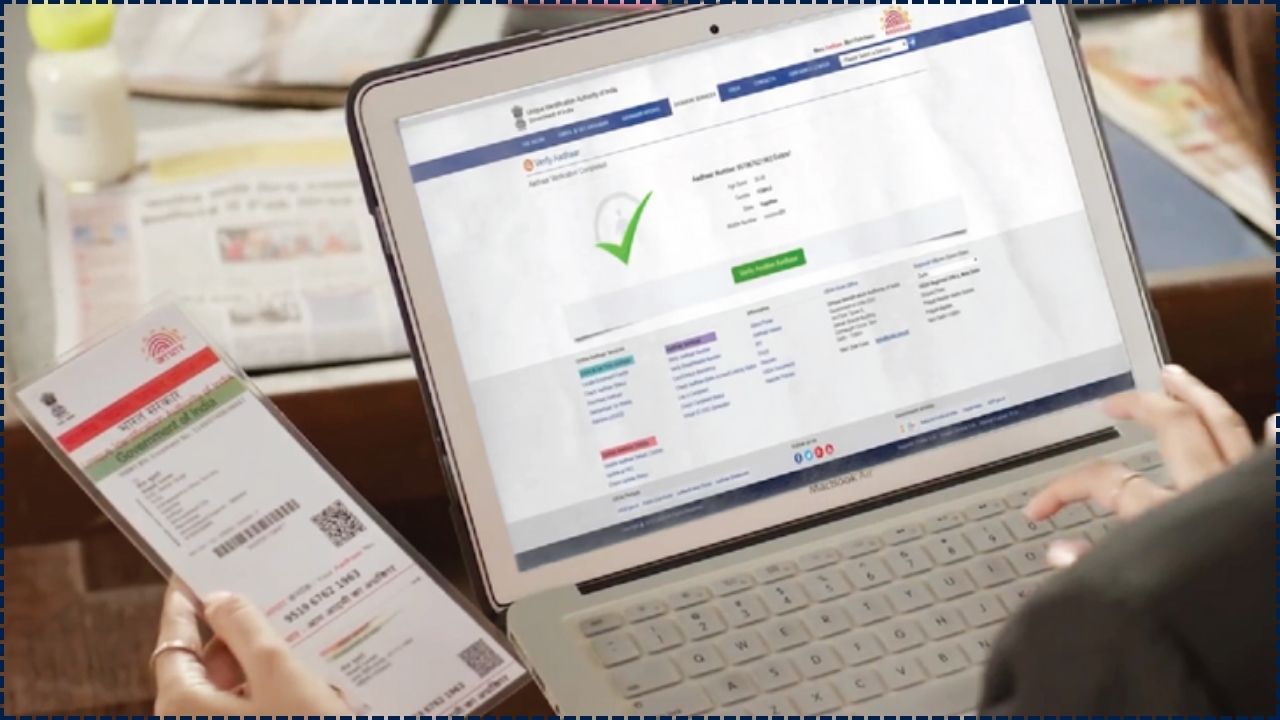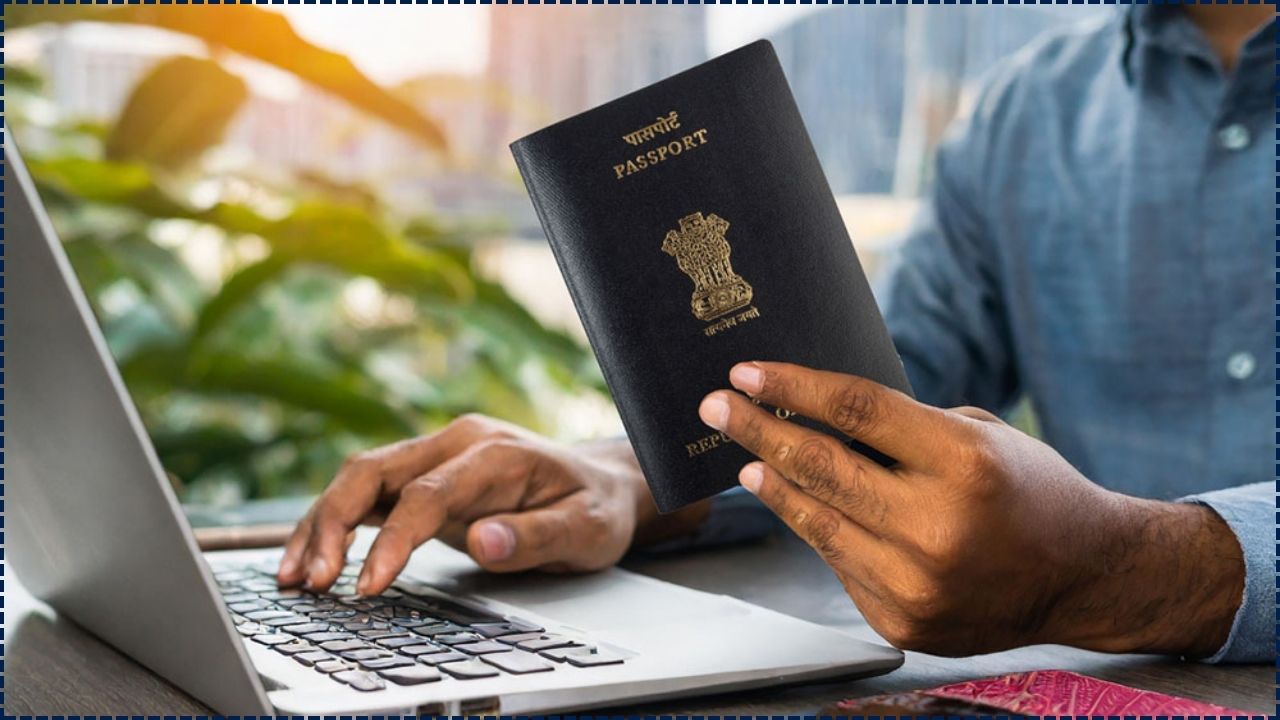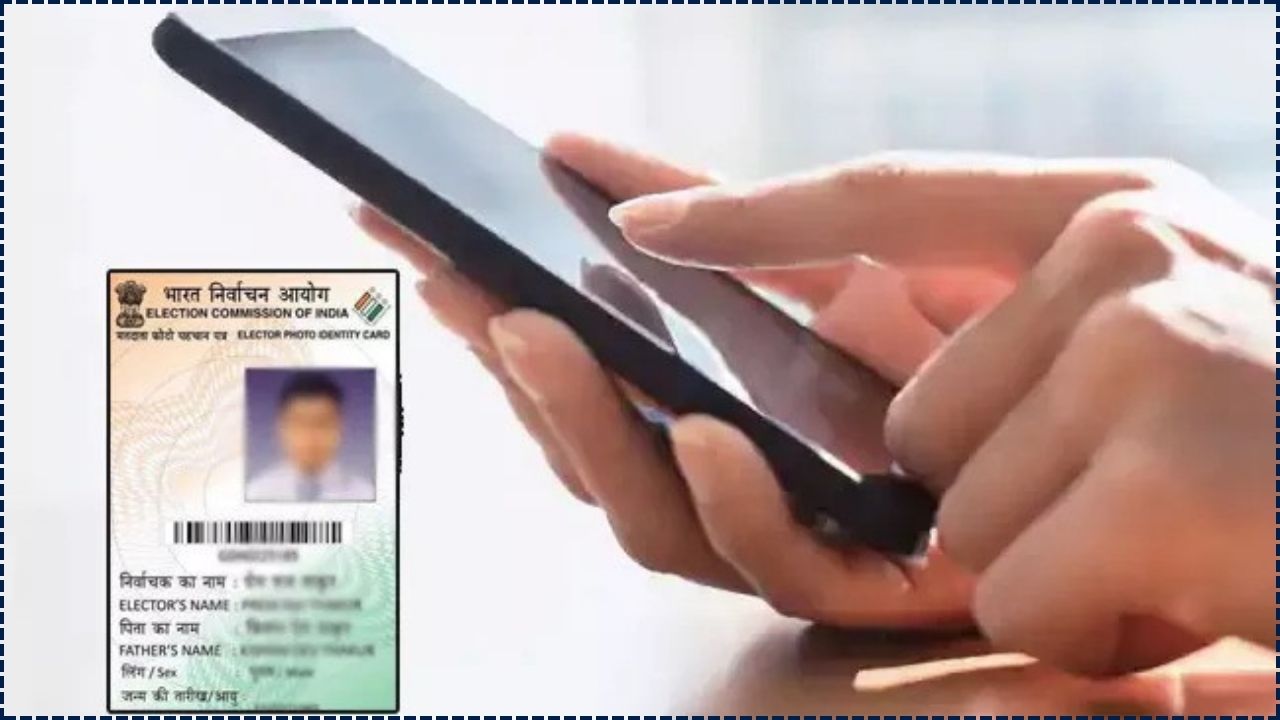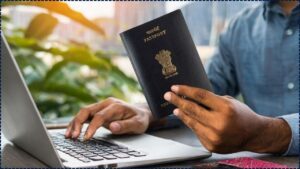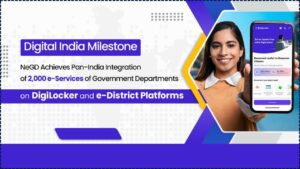The digitalization of India’s Police Clearance Certificate (PCC) process reflects a compassionate commitment to empowering millions of citizens, particularly those from underserved communities, by reducing bureaucratic burdens and enhancing efficiency, enabling individuals to access this vital document with dignity and ease for opportunities like employment and travel.
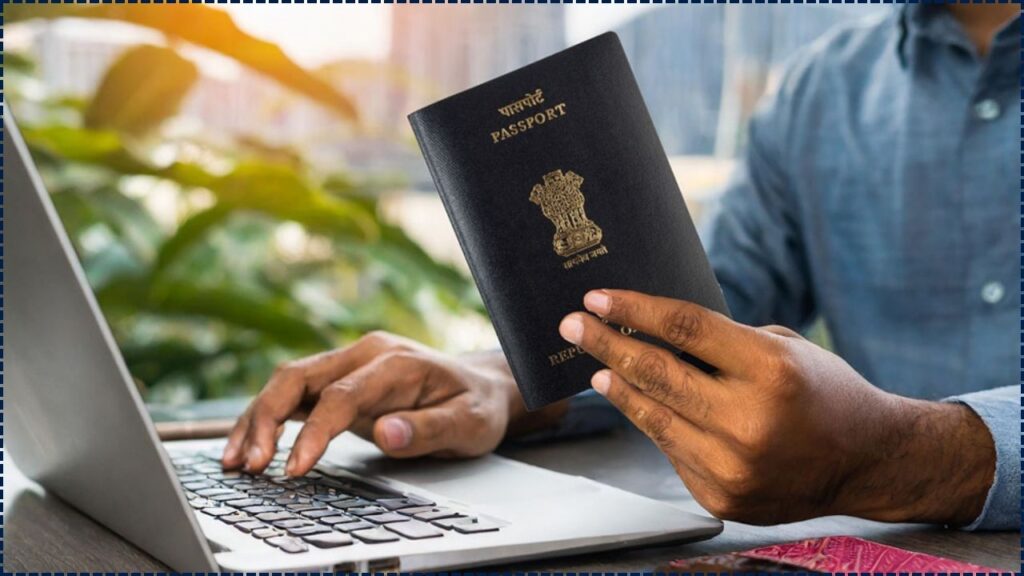
By encouraging accurate submissions, adherence to prescribed steps, and proactive planning, the system ensures swift processing without unnecessary delays, fostering trust and inclusion. This transformative initiative unites citizens, authorities, and communities in a shared mission to create a transparent, equitable digital framework that supports every individual’s aspirations, nurturing hope for a more accessible and inclusive future across India.
The Police Clearance Certificate (PCC), a vital document for employment, immigration, and foreign travel, can now be applied for through India’s online portals. The Ministry of External Affairs (MEA) and state police departments provide streamlined digital systems to ensure timely access. Applicants must complete an online form, submit identification and address proof, and undergo verification before the certificate is issued.
Understanding the Police Clearance Certificate
A Police Clearance Certificate is an official document that certifies whether an individual has any criminal record.
- It is required for foreign employment, long-term visas, immigration, or higher studies abroad.
- The Passport Seva system under the MEA is the primary channel for Indian citizens applying from within India, while Indian missions and consulates handle applications abroad.
- Some states, such as Delhi and Maharashtra, also issue PCCs for local purposes through their police portals.
Police Clearance Certificate Online Online Application Process
1. Register on the Official Portal
Applicants must begin by creating an account on the Passport Seva Portal or, if abroad, through the relevant Indian mission’s website or authorised partner such as VFS Global.
2. Fill the Application Form
The online form requires details including passport number, current and past addresses, and the purpose of the PCC. Accuracy is critical, as incorrect information can delay police verification.
3. Upload Documents
Typical requirements include:
- Valid Indian passport (first and last page copies)
- Proof of address (utility bill, Aadhaar, rental agreement)
- Recent passport-size photograph
- Supporting documents such as employment contracts or visa letters, depending on the purpose
4. Pay the Prescribed Fee
Payment is completed online via debit or credit card, net banking, or UPI. Fees differ across jurisdictions but generally remain affordable for most applicants.
5. Police Verification
The application is forwarded electronically to the local police station for verification of residence and background. For applicants abroad, the Indian mission coordinates with police authorities in India.
6. Issuance of the PCC
Once verification is cleared, the PCC is issued digitally. Applicants may download it through the portal or receive a physical copy from the mission or police department.
Key Documents Required
- Current Indian passport (mandatory for all applicants)
- Proof of legal status abroad, such as a visa or residence permit, if applying outside India
- Valid address proof in India or abroad
- Two to three recent passport-sized photographs
- Additional supporting documents requested by the employer, immigration authority, or embassy
Processing Time and Validity
- The processing period varies from a few days to several weeks, depending on police verification timelines and the applicant’s residential history.
- Many foreign governments accept PCCs valid for up to six months, though the exact validity depends on the requesting authority.
Related Links
Updating Your Address on Voter ID Card Online Made Simple
How to Apply for a Death Certificate Online in India
Downloading Your Ration Card Online: A Complete Step-by-step Guide
Common Challenges
Experts caution that applicants should avoid frequent errors such as:
- Providing outdated address details
- Applying with an expiring passport
- Uploading unclear or incomplete documents
According to MEA guidelines, errors may result in rejection or reapplication. Officials advise applicants to double-check all entries before final submission.
Broader Context
The move toward digital applications reflects India’s wider e-governance strategy. By shifting critical documentation processes online, the government aims to reduce corruption, minimise in-person visits, and improve transparency. This aligns with the Digital India initiative, which seeks to make public services accessible electronically to citizens.



